Are you looking to make a meaningful impact in the lives of refugees? Partnering to assist these resilient individuals can create pathways to hope and opportunity, and it all begins with a heartfelt letter. In this article, we'll explore essential elements of crafting an effective letter that lays the foundation for a successful partnership in refugee assistance. Join us as we delve deeper into best practices and inspiring examples to help you get started!
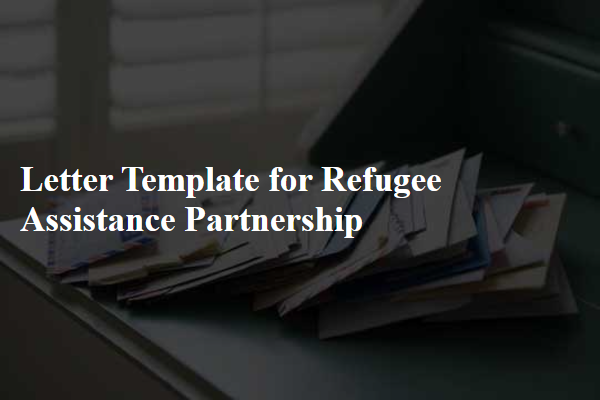
Compassionate introduction
The partnership between humanitarian organizations and local communities plays a crucial role in supporting refugees during their resettlement journey. Organizations like the United Nations High Commissioner for Refugees (UNHCR) work tirelessly to provide essential assistance in various forms, including food, medical care, and legal advocacy, thereby addressing the critical needs of displaced individuals from conflict zones such as Syria and Afghanistan. Local volunteers and NGOs, driven by a shared commitment to compassion, help refugees navigate challenges in unfamiliar environments, fostering connections within cities like Chicago and Toronto. This collaborative effort not only empowers refugees to rebuild their lives but also enriches community diversity, creating a more inclusive society with newfound cultural exchanges and shared experiences. The impact of these partnerships is profound, resulting in strengthened resilience among refugee populations and enhanced social cohesion within host communities.
Clear purpose statement
A clear purpose statement for a refugee assistance partnership outlines the commitment to providing essential support and resources to displaced individuals and families. The partnership aims to address immediate needs such as housing, food, and healthcare, while also facilitating integration into local communities. Educational programs and job training initiatives are designed to empower refugees, promoting self-sufficiency and resilience. Additionally, the partnership seeks to foster awareness and advocacy among local populations, encouraging understanding and acceptance of diverse cultures and experiences. Together, we strive to create a sustainable environment that supports the dignity and rights of all refugees in our care.
Support and resources offered
Refugee assistance partnerships offer a spectrum of vital support and resources designed to aid displaced individuals seeking safety and stability. These partnerships typically provide access to legal assistance, facilitating the complex processes involved in asylum applications and residency status. Language education programs help refugees overcome communication barriers, enhancing their ability to integrate into local communities. Financial assistance often includes emergency fund distributions to cover immediate needs such as housing and food. Mental health services, including counseling and therapy designed for trauma recovery, play a crucial role in the overall well-being of refugees. Employment support programs focus on resume building, interview preparation, and job placement, fostering economic independence. Cultural orientation sessions help refugees navigate their new environments, understanding local customs, laws, and available resources. Collectively, these initiatives aim to empower refugees, creating pathways toward a successful and sustainable future.
Contact information and availability
Refugee assistance partnerships require clear communication channels for effective collaboration. Organizations involved in this initiative, such as non-profits and governmental agencies, must have up-to-date contact information. Vital details include names, email addresses, phone numbers, and physical addresses, which facilitate prompt inquiries and support requests. Availability schedules play a crucial role; detailing hours of operation for assistance is essential. Typical hours might range from Monday to Friday, 9 AM to 5 PM, accommodating both working individuals and urgent cases. These connections enable efficient collaboration, ensuring that refugees receive necessary resources and support in a timely manner.
Encouragement and solidarity message
Refugees face immense challenges, including displacement from their homes and uncertainty about the future. Communities and organizations partnering together can provide critical support, such as housing assistance, language training, and emotional support. Outreach programs in urban areas, such as the Refugee Center in Toronto, Ontario, aim to integrate newcomers through various initiatives, fostering inclusion and resilience. Solidarity with refugee populations is essential, assuring them that they are not alone in their journey. Through collaboration and encouragement, we can build bridges that empower refugees, ultimately transforming their struggles into stories of hope and success.

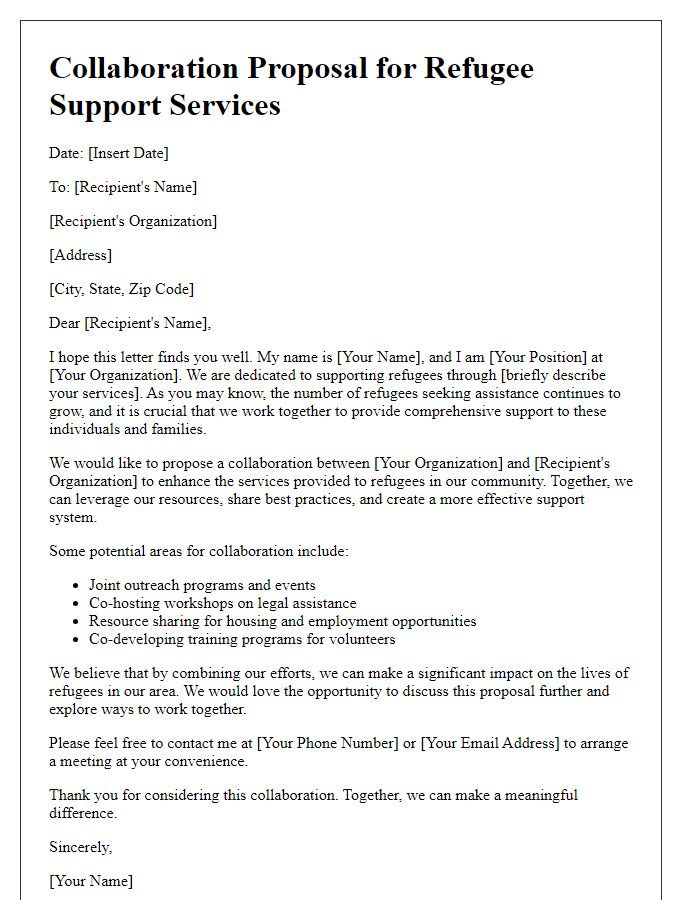
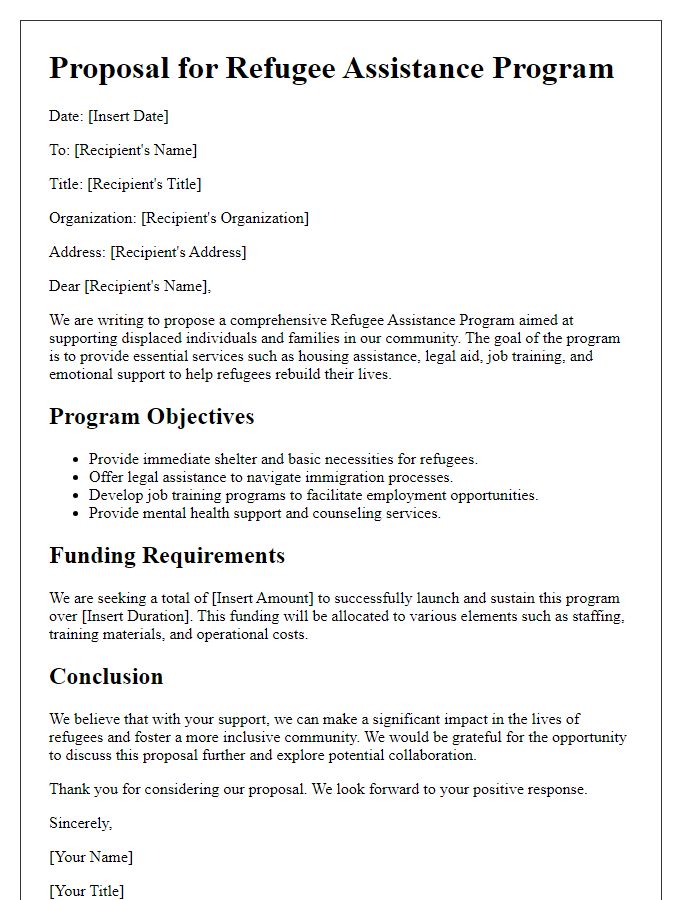
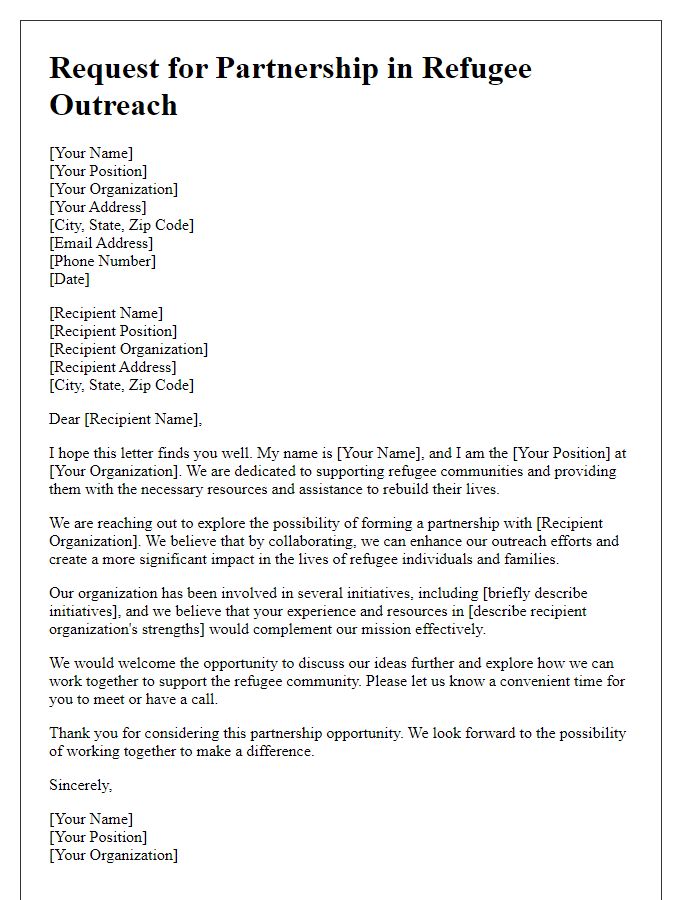
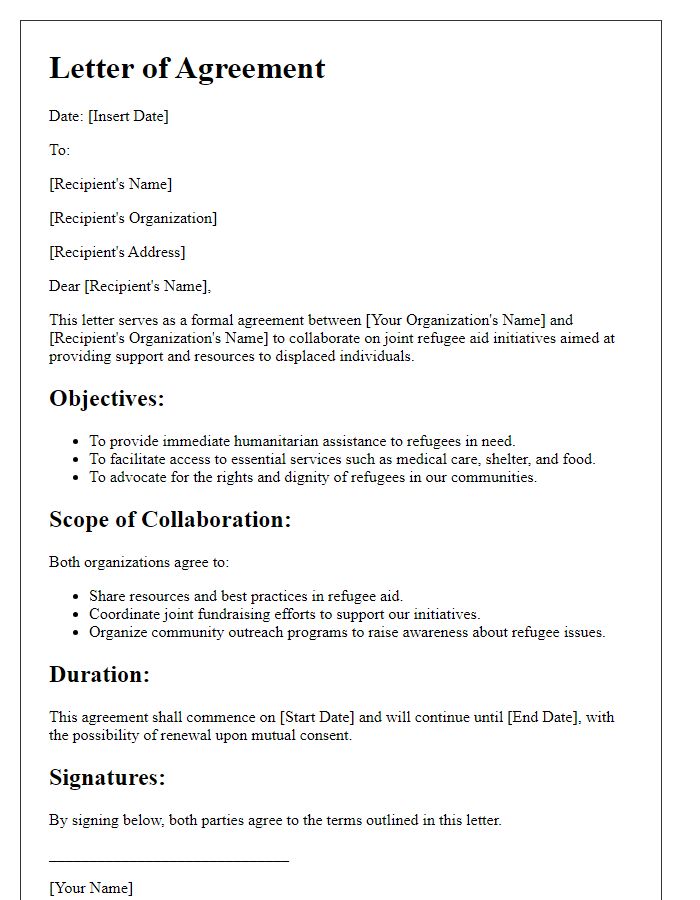
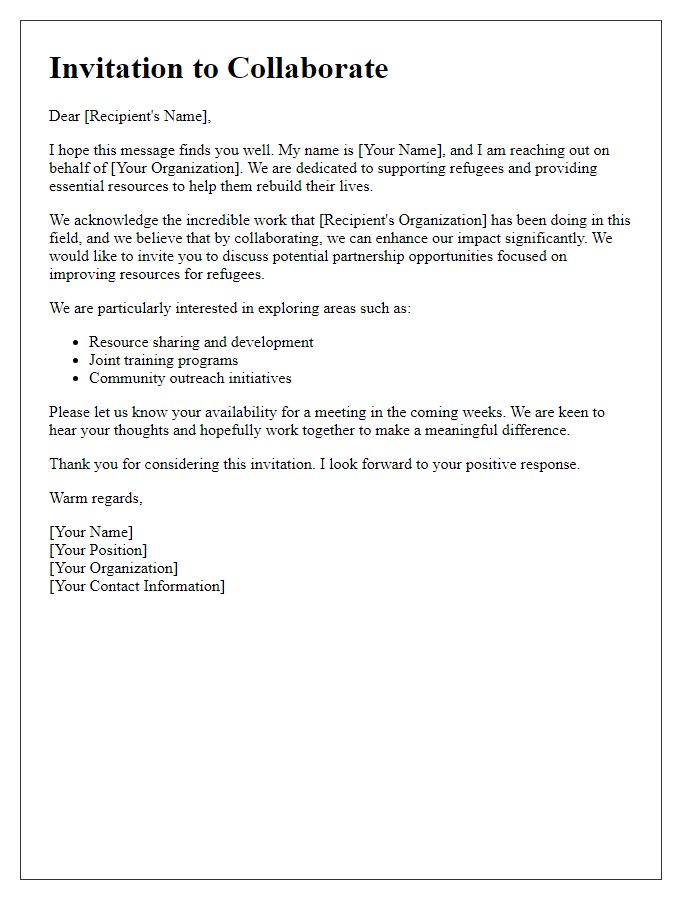
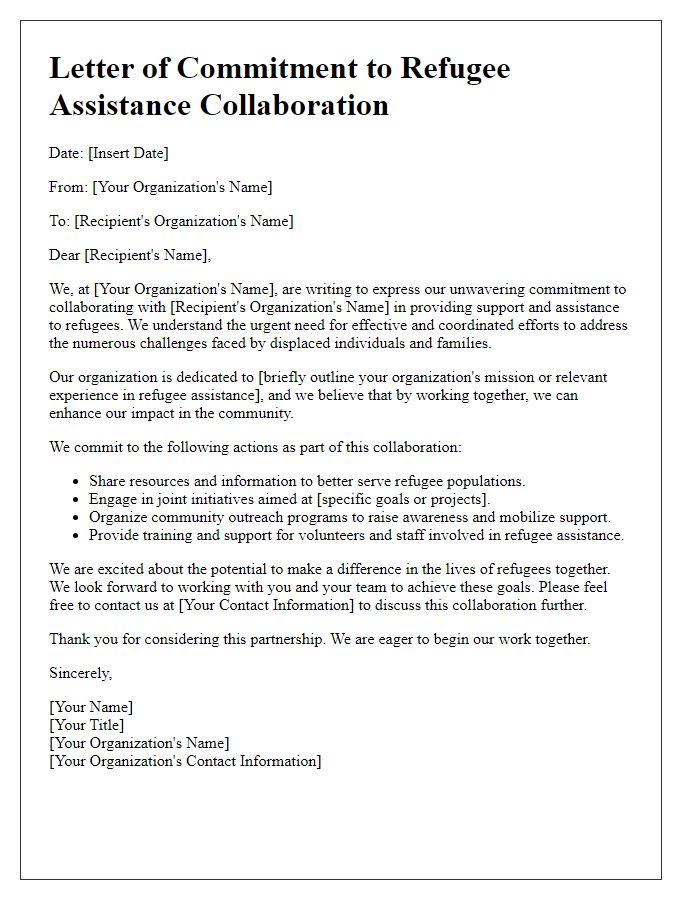
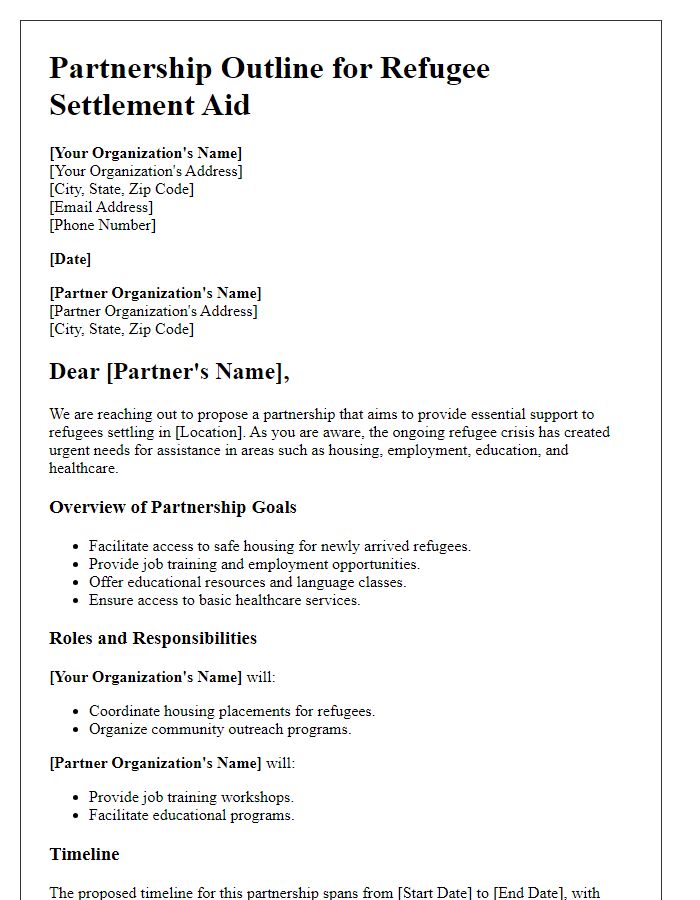
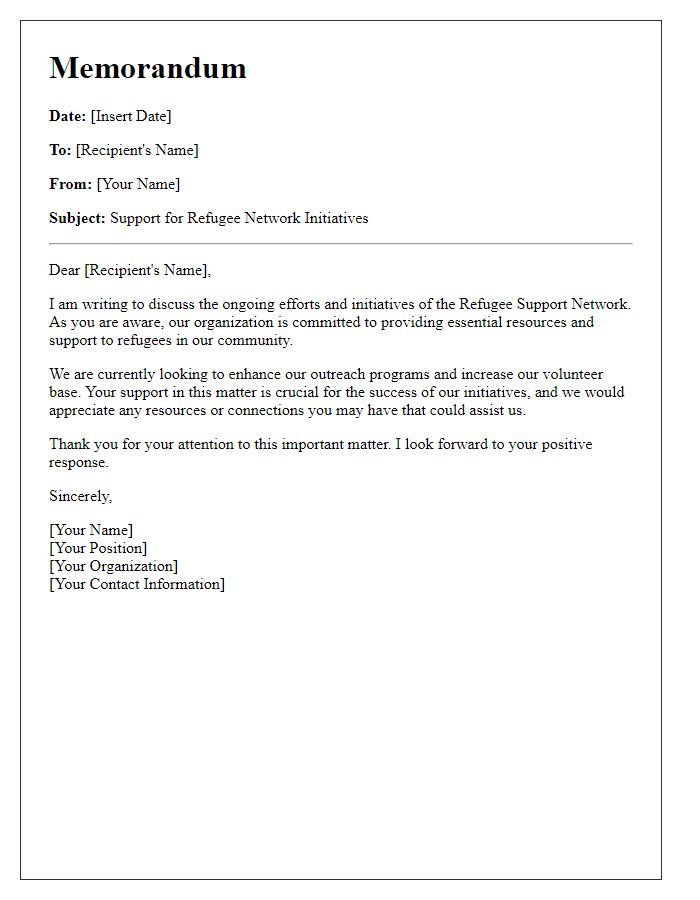
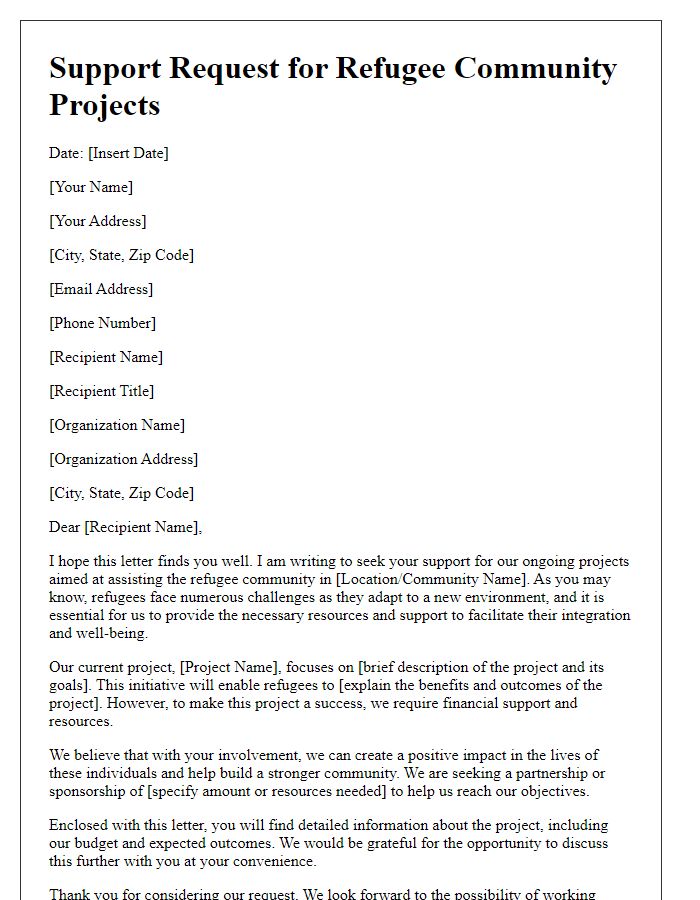
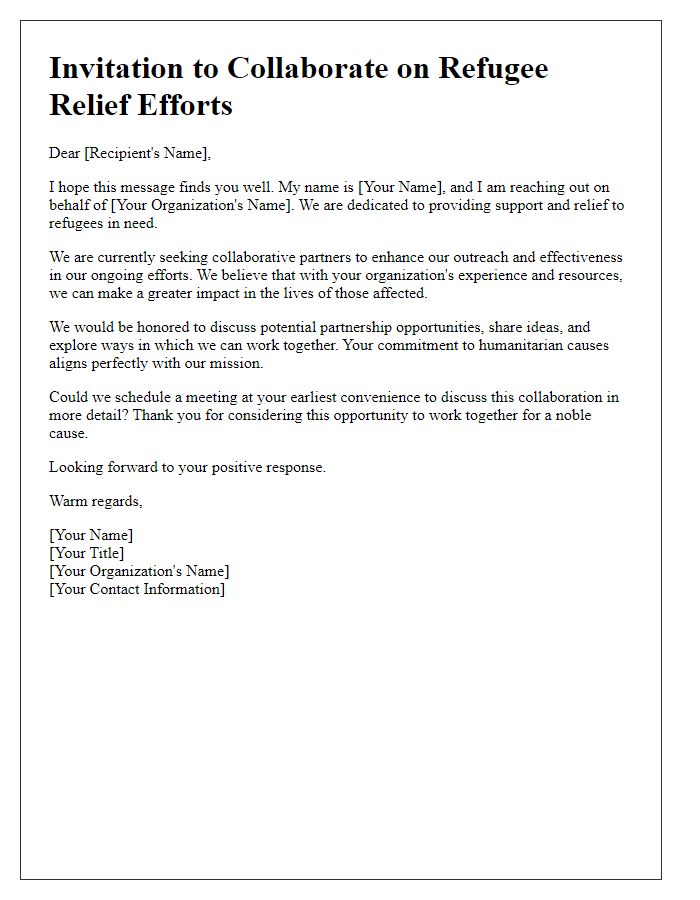

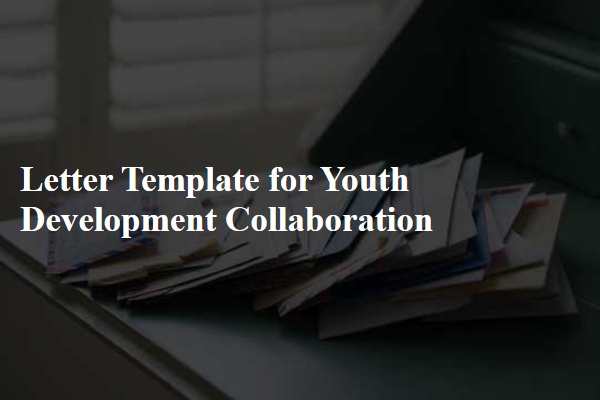
Comments